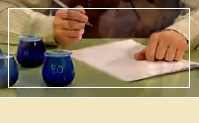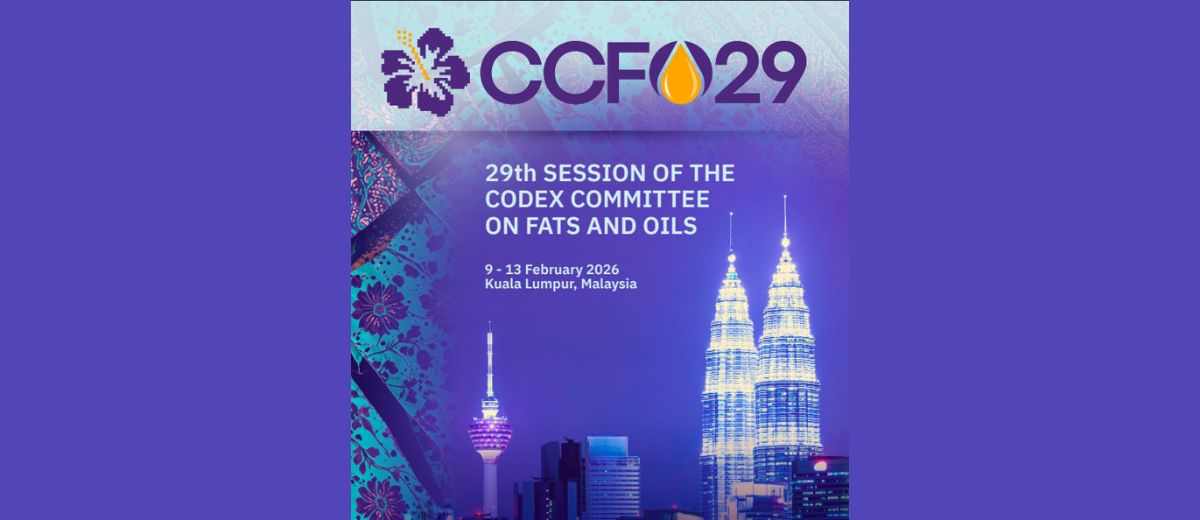The International Olive Council intends to organise an international course for panel leaders on the sensory analysis of virgin olive oil, at the IOC headquarters from 27 November to 1 December 2017.
This course is designed to respond to the need for technical officers with the requisite skills to lead an olive oil sensory tasting panel. According to the IOC method for the organoleptic assessment of virgin olive oil, (COI/T.20/Doc. No 15/Rev. 8) “the panel leader must be a suitably trained person with an expert knowledge of the kinds of oils which he or she will come across in the course of their work. They are the key figure in the panel and responsible for its organisation and running. The work of the panel leader calls for basic training in the tools of sensory analysis, sensory skill, meticulousness in the preparation, organisation and performance of the tests and skill and patience to plan and execute the tests in a scientific manner”. Reading article 8.1. of this method is recommended (available on the IOC website).
This course is not suitable for persons with no organoleptic assessment experience.
The Executive Secretariat has invited Members that consider that they would be able to run one or more olive oil tasting panels to nominate by 2 November 2017, in order of preference, three prospective panel leaders or deputy panel leaders to participate in the course. Members were informed that these professionals or technicians must already be directly involved in the sensory analysis of virgin olive oil.
Prospective panel leaders or deputy panel leaders from non IOC Member countries interested in participating in this training should contact the Executive Secretariat at iooc@internationaloliveoil.org.
.









